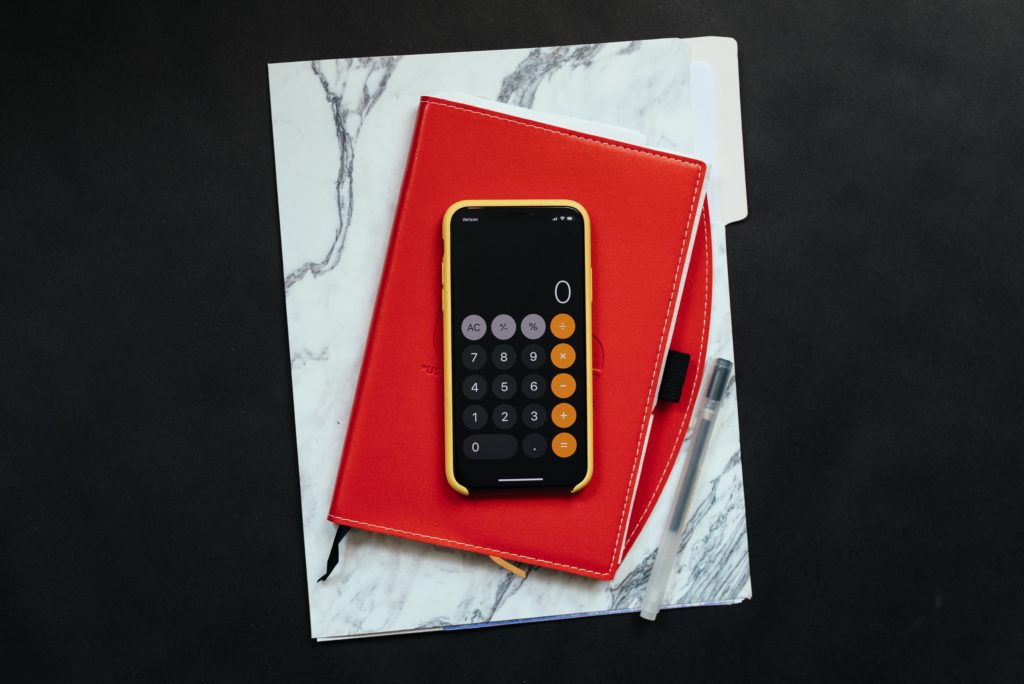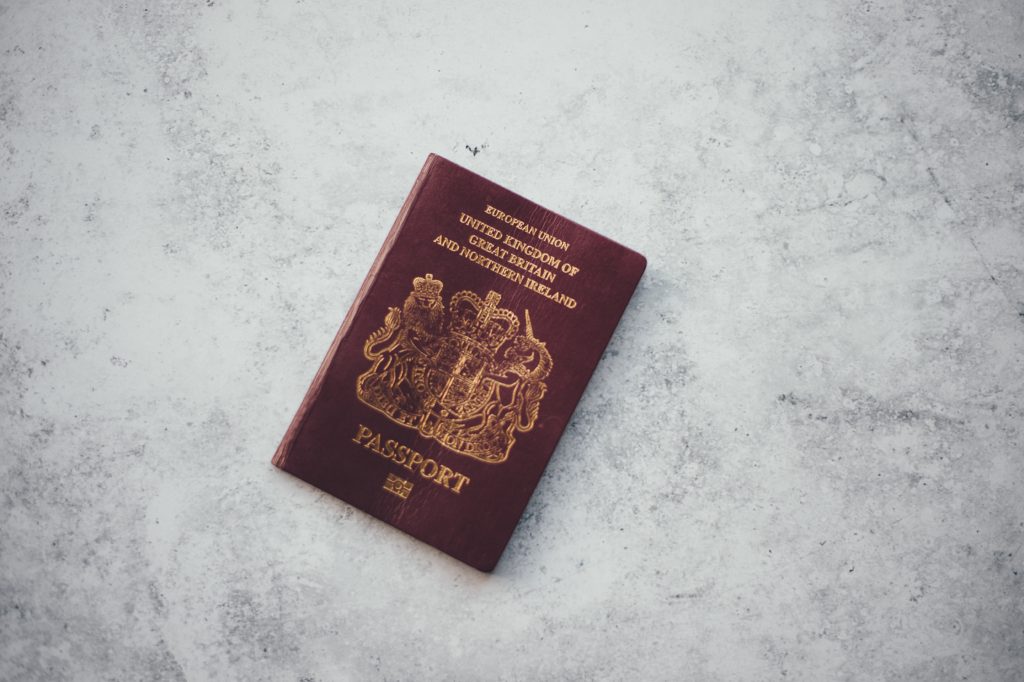This article originally appeared on The Student Housing Company blog.
When you’re applying for a visa to study in Australia, not only should you familiarise yourself with the visa application process, but you should also be aware of the common reasons why student visas get rejected. That way, you can boost your chances of visa application success to get your study journey in Australia off to a smooth start.
1. FAILURE TO MEET THE GENUINE TEMPORARY ENTRANT REQUIREMENT
Australia’s Genuine Temporary Entrant (GTE) requirement operates as an integrity measure. It is intended to ensure your student visa program is actually for study, as opposed to trying to secure ongoing residency in Australia. In short, the test allows the government to filter out any applicants who are using the student visa program for motives outside of gaining an education in Australia.
The GTE test effectively looks at how much you care about learning. You will need to show that you are coming to Australia as a genuine student and you’ll be required to provide a personal statement in English addressing the GTE requirements.
When submitting your application, you’ll need to attach a written statement along with supporting documents. If your statement is too generic and doesn’t have documentary evidence, your application won’t do too well when being assessed.
Your personal circumstances will also be taken into account. These are assessed based on some of the following requirements:
- Circumstances in home country/country of residence; this includes reasons for not studying at home if a similar course is available there, economic circumstances, political and/or civil unrest in your home country.
- Potential circumstances in Australia; level of knowledge of proposed course and education provider, previous study/qualifications, planned accommodation arrangements, and financial capacity.
- Value of the course to the applicant’s future; Consistency of the course with the applicant’s education level, expected remuneration in home country which could be gained using the qualifications from study.
- Applicant’s immigration history; past visa applications for Australia or other countries (i.e. past visa rejections/cancellations). Why did your past applications fall short?
2. FAILURE TO MEET ACADEMIC QUALIFICATION

To qualify for a student visa, you’re going to have to qualify as a student. This means you’ll need to have successfully completed the required academic level to study further.
The academic entry requirements (besides evidence of English language skills) can differ depending on your chosen course, level of education, and educational institution. They vary from one educational institution to the next. So, make sure you carefully read the course information on their website to see if you qualify.
A few tips for if you don’t qualify.
- You should sift through the internet to find a course/educational institution that will.
- If you need to meet the requirements, and you really want that educational institution and/or course, you should consider taking a Foundation or Bridging course. This is basically an intensive course that will help you meet entry requirements, usually lasting one year.
Generally speaking, entry requirements for different levels of study include:
- English language: Achieve the required English score.
- Undergraduate: Have an overseas equivalent to an Australian Senior Secondary Certificate of Education. Some undergraduate courses also have specific pre-requisite subjects.
- Postgraduate: Have (satisfactorily) completed an undergraduate degree. Your institution may take research ability or relevant work experience into consideration.
- Assuming you’ve ticked all these boxes and have confirmed enrolment with your educational institution, you’ll be issued an electronic Confirmation of Enrolment (eCoE) certificate. If not, then make sure you ask them for it. When you craft your application, don’t forget to attach your eCoE certificate.
3. FAILURE TO MEET ENGLISH REQUIREMENTS
If you want to study in an English-speaking country like Australia, you’ll have to meet the English language requirements to get your student visa approved.
In many cases, you’re required to provide your English language test results alongside your visa application. This condition is intended for international students coming from non-English speaking countries.
The English language requirement will vary between education providers and the skill level required for your course. Make sure you check both the English requirements on the Department of Home Affairs and your educational institution’s website to find out which English language level you need. Whatever the requirement, you’ll want to ace the IELTS or an equivalent test.
Make sure you provide documentary evidence when you apply for your visa. That is, evidence of an acceptable English language test score, and evidence that you fall within an exempt category for your educational institution of choice.
4. YOU HAVE INSUFFICIENT FUNDS

You’re going to have to meet certain financial requirements if you want your visa approved. Money is one of the main reasons the Department of Immigration and Border Protection (DIBP) refuses applications.
The DIBP requires you to prove that you can financially sustain yourself during your time in Australia. So as an applicant, you’ll have to provide documents that prove your financial stability and ability to pay your way through your studies.
Currently, students must show that they can meet an annual living expense of around $AUD20,290, but this figure can change. You’re going to need documentary proof that shows you have this amount of money. Because, if you have insufficient funds in your bank account, your student visa is going to be rejected.
As an international student, you will need to demonstrate proof of genuine access to the required funds throughout your studies in Australia. Some examples of how you can provide evidence of genuine access include:
- Evidence that another person or business is providing funds, including evidence of your relationship, identity documents of the person providing said funds, or proof that the business is still operating. Imaginary friends and dead businesses can’t supply you with funds.
- If you’re relying on a deposit, you will have to explain any recent and ongoing deposits (including wages).
- If you have a tertiary loan to cover your tuition and/or living expenses, you should provide evidence of the terms and total amount of the loan that will be disbursed.
- If you’re relying on some other type of loan, you will need to show proof of collateral used, terms of agreement, and ability to cover ongoing costs. The best evidence of genuine access is full disbursement.
5. YOU DON’T HAVE ACCEPTABLE HEALTH, OVERSEAS STUDENT HEALTH COVER (OSHC) OR WELFARE ARRANGEMENTS
As a student visa applicant, you’ll have to go through some health checks. This will depend on a few factors, such as the level of tuberculosis risk in your country.
A medical examination is mandatory for a temporary visa application, so you’ll want to check out the Department of Home Affairs’ required health examinations before you send off your student visa application.
Also, all student visa applicants must have organised Overseas Student Health Cover (OSHC). This provides medical and hospital insurance in Australia and must cover the duration of your stay. If you don’t have OSHC, you’re not just at a health risk – it might mean having your visa rejected.
Your OSHC can be arranged by either you or your education provider. If it is supplied by your education provider, you’ll need to document the name of your insurance provider, the beginning and end date of your policy, and the terms and conditions of your policy. And, if you arrange coverage yourself, you’ll need to include the policy number in your student visa application.
If you’re under 18, there are a few extra things you’ll need to do to secure a student visa. The Department of Home Affairs requires under-18 students to have adequate welfare arrangements approved by their education provider. So, if you’re underage, make sure you find a certified student accommodation provider for under 18s. Your provider will be responsible for issuing you a Confirmation of Appropriate Accommodation and Welfare (CAAW) letter.
6. PAST MISDEEDS

If you’ve ever tried to enter a country in the past without any real plans to attend an educational institution, this will be on record.
Australian authorities can access this information and reject visa applications on the basis of past misconduct. So, if you’ve got any questionable immigration history or failed applications due to ingenuine entrance attempts, your visa is probably going to be rejected.
The DIBP will also look at your character. Whether you’re a student or otherwise, anyone who wants to enter Australia will be assessed against character requirements.
Criminal history just isn’t a visa selling point. You may be asked to provide police certificates for each country you have lived in for 12+ months over the past 10 years (since turning 16).
7. INCORRECT OR INCOMPLETE DOCUMENTS
Finally, one of the biggest reasons student visas are rejected is because your documents weren’t in order.
Organisation is key to making sure you complete all the visa application requirements, so make sure you provide all substantiating documents to support your claims. Something as simple as forgetting a health clearance document, or as little as omitting a policy code, can affect your visa application.
It’s worth looking through the Department of Home Affairs website to ensure you include every document and detail necessary for a successful visa application. Take the time to go over your application and make sure you correct any mistakes or fill in any missing information on your application.
This really can determine the likelihood of a successful student visa application. Here’s what you should provide based on the Department of Immigration and Border Protection Checklist:
- Birth Certificate
- Passport identity page and each page that has a visa label and immigration stamps for any countries
- National Identity Card
- All pages of the Household Registration Book
- A Curriculum Vitae certified by local authorities
- Valid electronic Certificate of Enrolment (CoE) for courses being undertaken
- A statement to satisfy the decision maker that you have a genuine intention to stay in Australia i.e. Your circumstances in your home country, potential circumstances in Australia, value of the course to your future, & details of any previous travels to Australia
- Evidence (scanned and uploaded original documents in colour) of qualifications and associated transcripts of any courses completed and/or attempted and/or currently studying
- Evidence of any scholarship(s) awarded for your studies in Australia
- Valid Overseas Student Health Cover (OSHC) for the proposed duration of the student visa
- If under 18: Parent consent letters, signed and witnessed
- Confirmation of Appropriate Accommodation and Welfare Arrangements (CAAW), linked with your CoE
- A signed financial undertaking from the individual(s) providing the funds, outlining the relationship between you and the financial sponsor(s), including either: Evidence of funds & genuine access to funds OR evidence of annual income
- English language test certificate that was taken less than 2 years before date of lodgement of application.
The Student Housing Company (TSHC) is an award-winning student accommodation company, with purpose-built properties opening around Australia, including in Melbourne and Perth. TSHC’s vision is to change students’ lives by providing a better approach to student accommodation, with quality, support, convenience and value for money.







